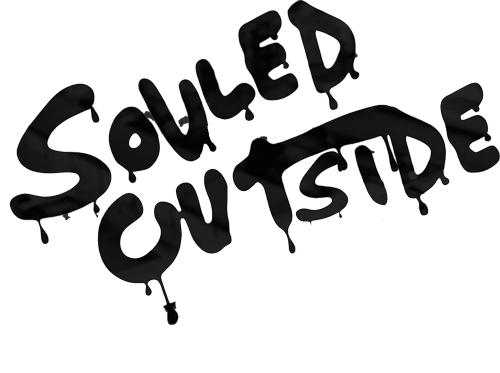The van sputtered to a halt near the edge of the DMZ. That’s where we lost Ronnie.
We sat on plastic chairs by the side of the road, our bodies wedged between a muddy railroad track and a highway to the old demilitarized zone. Next door, a rooster danced with a cat. Beside us, a middle-aged Vietnamese man babbled on a cell phone under the canopies that sheltered us from the relentless rain and the forests of unexploded land mines.
Ronnie — that wasn’t our driver’s name; rather, it was the name we had given him. After shooting down “Steve II,” Ronnie became the go-to nickname for the driver that picked us up from the hotel in Hue. Ronnie was to be our guide for the four hour trip to Phong Nha, a rural town near the Laotian border, where adventure tourists can get their fill of cave exploration.
The drive began wearily and silently as the five of us boarded Ronnie’s 12 passenger van from the cramped alley in Hue—the kind of side street that’s home to more chickens than cars. From there, we headed north. But, an hour in, the van’s fiery pace shuttered to a halt on the side of the road…miles and miles from anywhere.
We were broken down near the DMZ: a place once famous for being the border between North and South Vietnam; a place now famous for still harboring hordes of unexploded cluster bombs in its fields.
The situation looked dyer.
Faced with an hours-long wait for another transport and a sweaty afternoon in the back of the van, we abandoned ship and headed into the roadside cafe next to the chicken-cat fight.
“I got five beers for 50 cents,” said Ashley.
That’s when we lost him. Ronnie, our driver, disappeared.

It’s hard to imagine two places more different than the locations we found ourselves in on the first day of 2017: the morning in Hue’s Imperial City, a sprawling world heritage site filled with golden statues and forbidden gardens, and the roadside cafe that we dubbed the Cockadoodle, where chickens and dogs gathered around plastic chairs to watch a lost band of Americans play cards.
A single water in the Imperial Palace gift shop cost 65,000 dong. A round of beer at the Cockadoodle? About 40,000.
We lost Ronnie because of the beer. We lost him because when we stepped outside the steel bubble of our van, the nickname vanished, and a real person, man named Shing, strolled up with a bag full of local beer and an apology.
Shing was a veteran wheelman. He’d been driving the Hue to Phong Nha route for 20 years. And in two decades, he said he’d never had a car break down—until today.
The smiling man grabbed a chair and passed over a fresh carton of what I think were American cigarettes. None of us smoke, but I was obliged to take up his peace offer. And over the course of the next few hours, the five Americans and Shing caught up on what’s important in life. We played cards, we shared photos, and we taught each other a few new words and phrases. And we bridged a gap between Vietnam and the United States, if only in a small way.
“Now, Americans and Vietnamese, no problem,” Shing told us. “America is all good!” he exclaimed, shaking his fists in excitement.
He meant it.
He meant it because most Vietnamese people have a way of putting the war in the past. When the van broke, a universal groan probably told Shing what we were thinking: that we were screwed, that we were stranded in a rural place in a developing country whose people have every reason to hate our country and the people that live there.
But, the remarkable thing is that they don’t.
Shing was born in 1971, during the dog days of the U.S. involvement with the war in Vietnam. He grew up near Phong Nha, which means he grew up on the northern side of the DMZ, where anything red white and blue was considered a mark of the enemy. But the man bears no grudge. He loves to show Americans his hometown. He loves that Barack Obama came to Vietnam just to eat Bun Cha. And, he loves a good game of cards.
On a Sunday afternoon on the side of the road in Vietnam, we met a new friend. His face was familiar. His country was the backdrop of a Hollywood film. But everything we thought we knew about him was wrong.
When a replacement van finally rolled up to the soaking pavement at the Cockadoodle Cafe, we all felt we were losing a real connection. Shing would stay with his ride; we’d head further north for another three hours without him.
Odds are that none of us will ever see Shing again. But I think we all stand a fair chance of seeing Ronnie—he’s the guy you think you know before you ever really give someone a chance. He’s a label. And Ronnie, it seems, is better off lost. He’s better off at the side of the road near the Cockadoodle Cafe.











